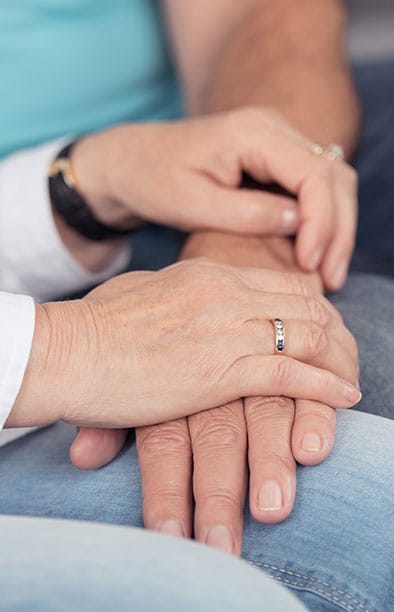In the case of superficial skin cancers, an initial skin biopsy can often remove most of the skin growth. However, in most cases, further treatment may be required. Some treatment options available to treat skin cancer include:
- Excisional Skin Surgery- This technique is a simple procedure used to treat most skin cancers. The treatment area will be numbed, and the cancerous tissues will be removed with a scalpel. The doctor will also remove surrounding tissue to ensure that all harmful cells have been removed.
- Curettage/Cryotherapy- One the growth is removed, curettage or cryotherapy may be used to remove any excess remaining cancer cells. The doctor will scrape away layers of cancer cells while remaining cells are eliminated by an electric needle. Liquid nitrogen can also be used to freeze away harmful cells.
- Mohs Surgery- Mohs surgery is performed for large, areas of recurring cancer. The growth will be shaved away in thin layers, and each layer is inspected under a microscope. This process is continued until there are no remaining cancer cells. This technique can help to keep as much healthy tissue intact as possible.
- Photodynamic Therapy (PDT)- PDT is a form of prescription drug therapy that causes skin cells to become sensitive to light. The treatment area is exposed to a special light, which destroys cancer cells. This treatment is a great option for patients who do now want to undergo invasive surgery.
- Excision Closure and Reconstruction- At Farmington Dermatologists, we perform excision, closure, and reconstruction for patients who have undergone excision skin surgery. Our goal is close wounds effectively, without compromising aesthetic appearance.
While the ultimate goal of skin cancer treatment is to eliminate cancer cells, healthy tissues and cells may also be damaged in the process. Treatment side-effects will be dependent on the type and depth of treatment and can be discussed with your physician so that you can best manage them. Dr. Baird wants his patients to feel confident in their skin cancer treatment option, and all questions and concerns are welcome. After skin cancer treatments are completed, it is important to schedule regular check-up appointments to ensure all cancer cells have been eliminated.


